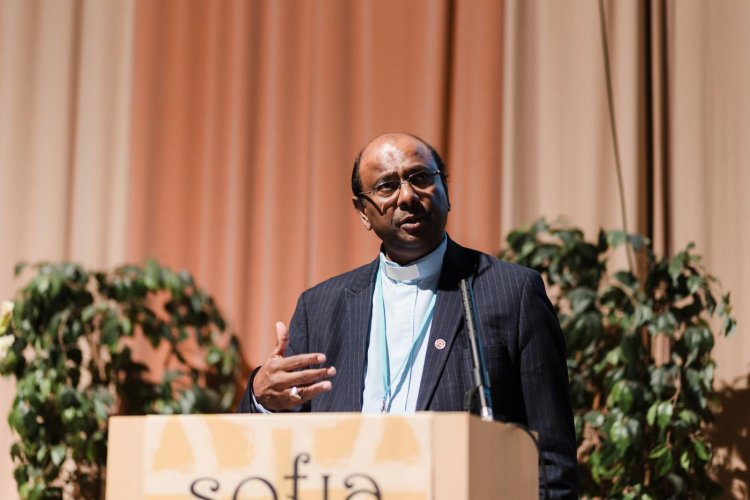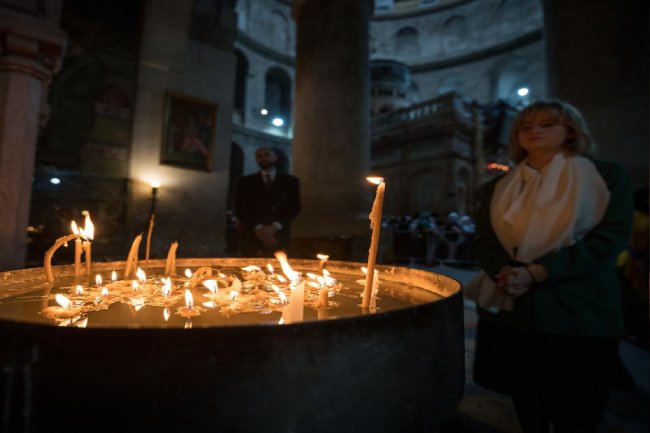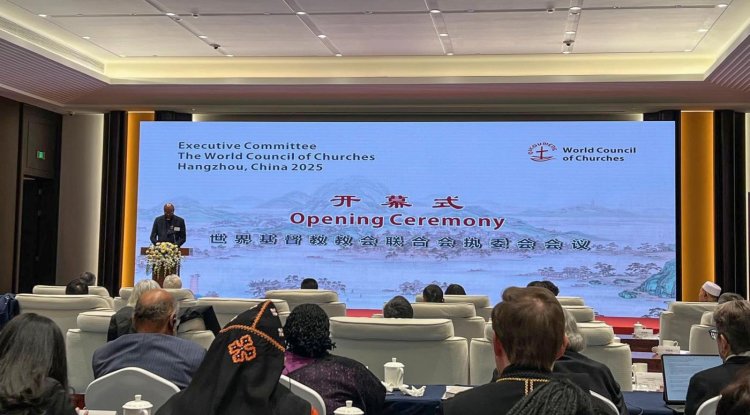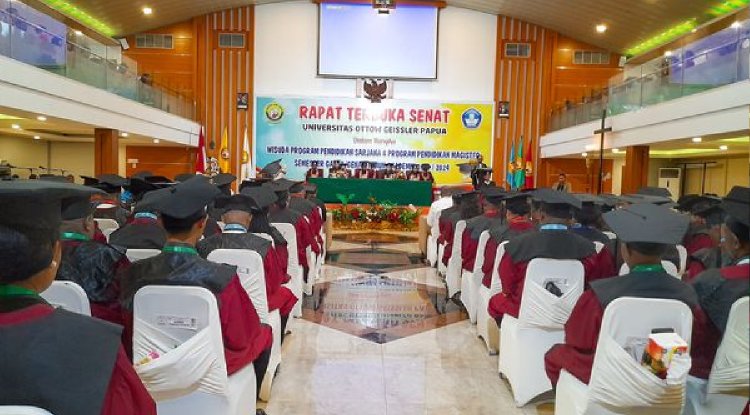WCC GENERAL SECRETARY DISCUSSES THE CHURCH’S ROLE IN ADDRESSING THE CHALLENGES OF OUR TIME IN FINLAND

During the International Mission Partnership Consultation held in Finland on August 27, the General Secretary of the World Council of Churches (WCC), Rev. Prof. Dr. Jerry Pillay, shared his perspectives on the role of the church in navigating changing times. With the theme “Church in Changing Landscapes: God’s Mission and Our Own,” Pillay emphasized the importance of understanding the church’s mission within the context of an ever-evolving world.
This international consultation, organized by the Evangelical Lutheran Church of Finland, was last held in 2014 in Järvenpää, Finland. In his address, Pillay asserted that Christianity and the church’s actions can play a crucial role—even a redemptive one—in addressing deep-rooted global challenges. “The actions of Christians and their churches can be key—perhaps even redemptive—in tackling the world’s deepest problems,” said Pillay.
He also highlighted that despite the lengthy debates surrounding the definition of Christian mission, recent developments in mission and evangelism thinking offer contemporary churches an opportunity to clarify their fundamental roles. “Understanding the church as sacrament, sign, and instrument has brought new insights into the relationship between the church and the world,” he added.
Pillay encouraged participants to reflect on what mission means today. He argued that mission theology and the role of the church within the ecumenical movement have been central to efforts in global transformation. “It is God’s mission, and we must partner with others in transforming the world,” he stressed.
Moreover, Pillay emphasized the need for a holistic approach to the church’s mission, focusing on key concepts such as dynamism, justice, diversity, and transformation. He noted that the ecumenical movement broadens the perspective of Christian mission and enables churches to unite in their efforts to transform the world.
Pillay also underscored that the church must remain focused on proclaiming Christ’s love to the world and stand in solidarity with the vulnerable, rather than aligning with the powerful. He further emphasized the importance of collective efforts in building peace, justice, and reconciliation. Drawing on his experience in South Africa, Pillay stated that the church should be a place for healing, forgiveness, and reconciliation.
“Christ’s love reconciles humanity not only to God but also renews the entire order of creation through His sacrifice,” Pillay explained. He also highlighted that true peace cannot exist without justice. “Christians are called to work for just peace in the world,” he concluded.
In reaffirming the church’s commitments to unity, public witness, and service, churches are expected to address today’s existential challenges and advance a mission that renews all things.
What's Your Reaction?




















